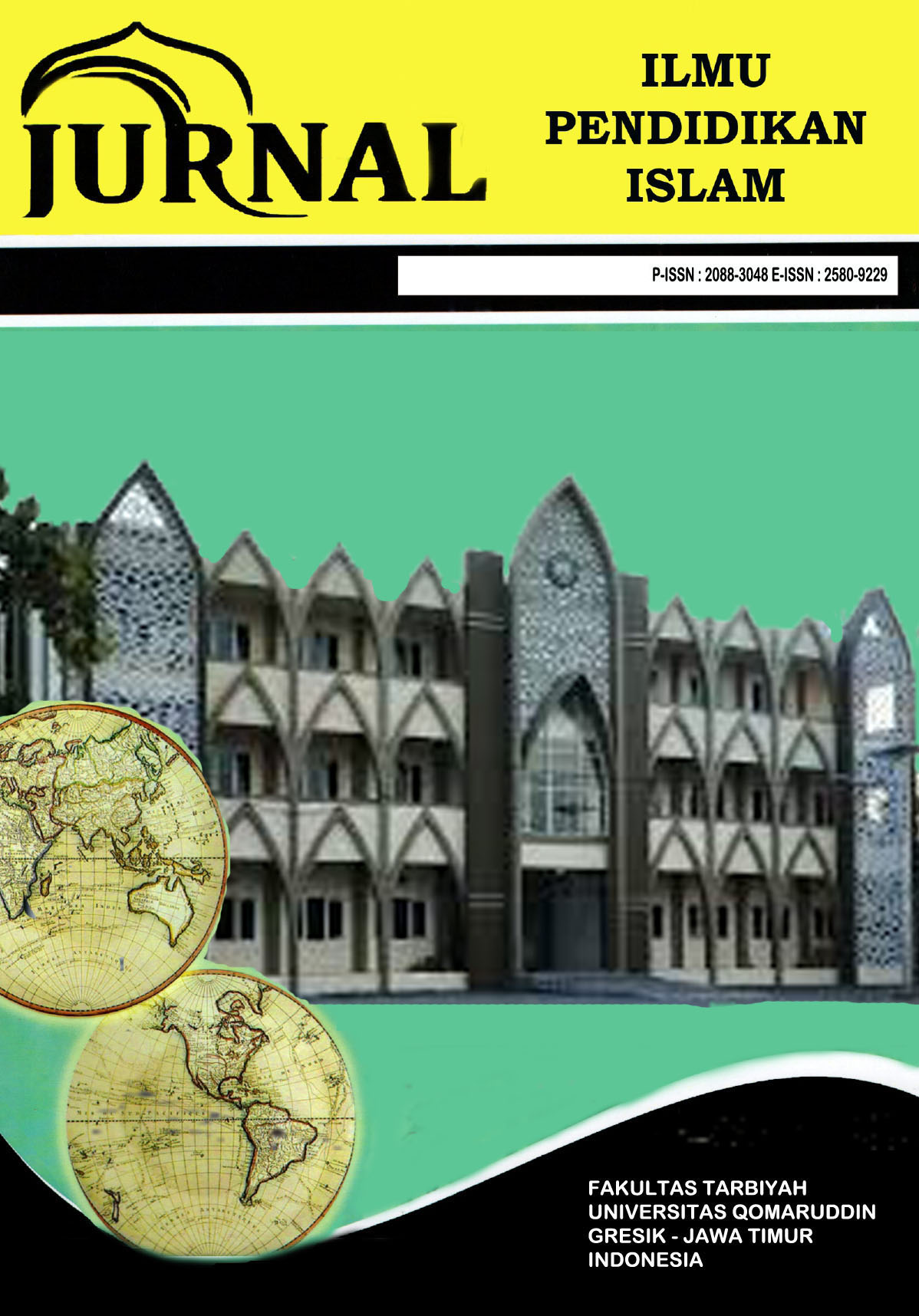EFEKTIVITAS PENERAPAN PERATURAN FULL DAY SCHOOL BAGI PESERTA DIDIK TINGKAT MI DI MI PLUS JÁ-ALHAQ
Abstract
This research aims to analyze the effectiveness of implementing Full Day School regulations for Madrasah Ibtidaiyah (MI) level students at MI PLUS JA-ALHAQ Bengkulu City. discipline and student learning achievement, but also raises challenges such as physical and mental fatigue. In conclusion, the implementation of Full Day School is effective in improving the method used in this research is a qualitative descriptive method with data collection techniques through observation, interviews and documentation. The research results show that the implementation of Full Day School has a positive impact on improving the quality of education if it is balanced with fun learning strategies and support from various parties, including teachers, parents and the school environment..
References
Anderson, T. (2008). The Theory and Practice of Online Learning. Athabasca University Press.
Buckingham, D. (2007). Beyond Technology: Children's Learning in the Age of Digital Culture. Polity Press.
Chairuddin, M. (2023). Konsep Kebijakan Dan Perencanaan Strategis Dalam Pendidikan. Jurnal Ilmu Pendidikan Islam, 21(2), 204-215.
Mayer, R. E. (2009). Multimedia Learning (2nd ed.). Cambridge University Press.
Miles, M. B., & Huberman, A. M. (2014). Qualitative Data Analysis: An Expanded Sourcebook. SAGE Publications.
Prensky, M. (2001). Digital Natives, Digital Immigrants. On the Horizon, 9(5), 1–6.
Sugiyono. (2014). Metode Penelitian Kuantitatif, Kualitatif, dan R&D. Alfabeta.
Warschauer, M., & Matuchniak, T. (2010). New Technology and Digital Worlds: Analyzing Evidence of Equity in Access, Use, and Outcomes. Review of Research in Education, 34(1), 179–225.
Copyright (c) 2025 M. Hidayaturrahman, Andini Fadlillah, Rike Diah Parmitha, Kusmiati Kusmiati, Anisa Wafiq Azizah

This work is licensed under a Creative Commons Attribution 4.0 International License.





